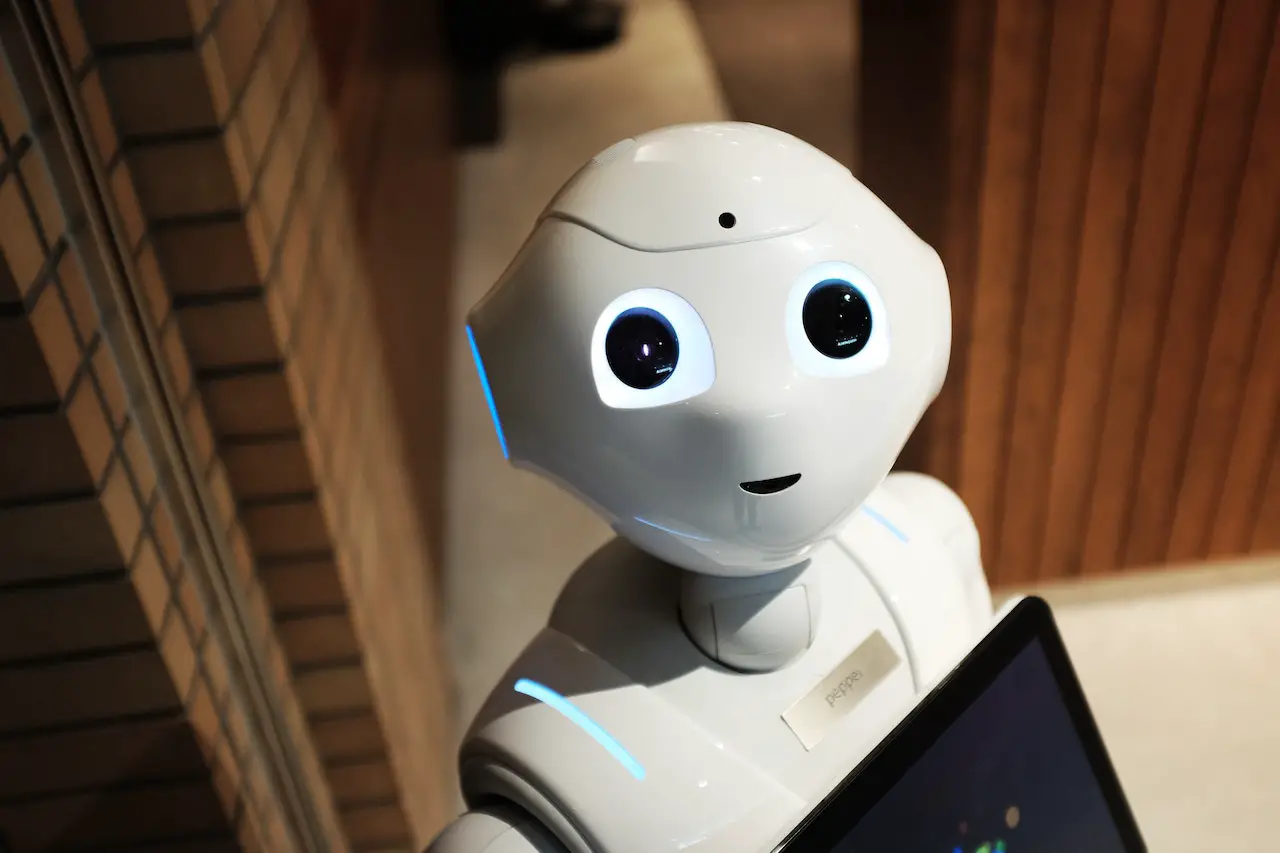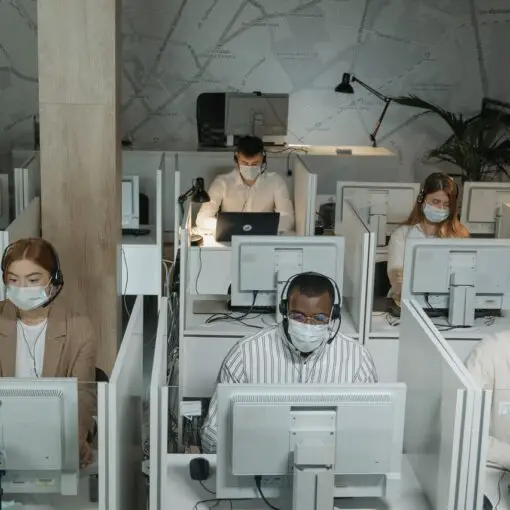Artificial intelligence has changed the way we think about the world; indeed, the very concept of a machine being able to think for itself was a fantastical thought a decade ago. Now, AI is changing the very way we apply critical thinking to the world around us.
Critical thinking is a crucial skill humans must develop in order to compete and outperform AI. As Artificial Intelligence expands into more fields, the defining factor of a desirable human worker is the ability to think critically.
The times they are a’ changing, and pursuing critical thinking in its multifaceted forms will be the marker of human progress in the future. The rest of this article will dive into how humans must think critically when dealing with AI.
What Is Critical Thinking?
Critical thinking, to boil a complex process down to its base form, is the ability to analyze facts and form a judgement. The ability to think critically about different life situations is a valuable skillset that cannot be learned in an entirely mechanical way.
Students can be taught to think critically about different subjects—literature, for example, is a field that allows one to think critically about an author’s work and form a judgement—but critical thinking is also innate to some degree.
It’s a marker of being human to some extent. While animals may have the capacity to think and make judgements, such as a cat calculating how far they need to jump to reach the wall or a dog trying to work out what trick their owner wants them to perform, they cannot think as deeply as humans.
They cannot parse through metadata—perceive data about data. The ability to reflect allows humans to form decisions about the world, about morality, and even about their own place in the world. Critical thinking can be broken down into three mechanical processes:
- Observation
- Evaluation
- Imagination
Can AI Think Critically?
The logical question, then, when considering how AI impacts critical thinking, is how effectively AI can edge out humans in this field.
After all, AI is capable of parsing through a staggering amount of data in a fraction of a second, without any of those pesky biases that makes home sapiens so human.
The capability of AI to observe and synthesize massive amounts of data is undeniable. The nature of abstraction relies on observation, and the reason AI is becoming such a useful tool in so many fields is its ability to observe and synthesize vast quantities of data.
Take agriculture, for example. An AI program equipped with all the right sensors and machine learning technology can detect diseases, monitor nutrition, target weeds, apply herbicides, and ensure a high-quality, accurate harvest.
This function, which would normally be performed by an agricultural specialist—undoubtedly an excellent critical thinker—can be done by an AI more efficiently and with greater accuracy.
Of course, such an observation raises an obvious question: is the AI in question actually thinking critically about when to plant crops, how to handle diseases, and so on?
Of course not. While an agricultural expert needs to conduct tests, evaluate data, and formulate a plan of action, the AI in this case is simply doing as it’s told.
It’s not thinking critically about what conditions contribute best to the wellbeing of the crops; the AI is merely following a set of instructions and making corresponding decisions in accordance with its programming.
As such, AI can observe and evaluate data, but it’s not making decisions for itself. AI lacks the ability to self-think, at least given the observable data provided by AI in modern times.
Of course, as AI progresses, there have been some alarmingly advanced developments in AI’s ability to think for itself.
For example, Google’s AI computer, called AlphaGo Zero, taught itself to play the Chinese game of Go, using nothing but a score card and the rules. To date, the program is undefeated, even topping grandmasters of the game.
AI: An Aid to Critical Thinking
The way that AI is developing should be an encouragement, not a threat to critical thinking. In the field of healthcare, for example, AI has been an extremely helpful tool for clinical development, allowing AI to monitor a student’s ability to think critically.
Healthcare providers are able to practice and utilize their critical thinking skills in a virtual environment without the risk of harming anyone, allowing students to visualize and see how a piece of equipment should interact with the patient and what happens when something goes wrong, either with the patient or the technology.
As such, AI is enabling critical thinkers, not overtaking them. For healthcare professionals in particular, this technology is vital, allowing clinicians to stay cool under pressure and troubleshoot issues that may arise.
It is, after all, a matter of life and death for healthcare professionals to be versatile and capable of thinking critically.
Why Humans Still Outperform AI
The growing fear is that AI will overtake humans in subjective fields that require critical thinking.
After all, AI is already extremely dominant in fields that require synthesis and analysis of data. In fields that require critical thinking, AI is perfectly capable of gathering and analyzing data.
The issue, once again, is the lack of self-thinking. Because AI cannot independently develop new context and learn as humans do, they are (and will likely remain) human dependent.
Final Thoughts
AI has made great strides in the last decade, and ever since the concept of “creating life” has been at the forefront of human consciousness, people fear what AI may achieve in the future.
The reality is that, in light of AI’s current achievements, it’s not capable of thinking critically when it comes to subjective fields.
It can, however, enable human critical thinkers by providing an environment for them to fail without consequence, allowing them to learn and grow. As such, AI is, for the time being at least, a helpful tool for the betterment of mankind as a whole.
References
https://www.macat.com/post/6-fun-facts-about-campus-history
https://www.healthstream.com/resource/blog/the-impact-of-artificial-intelligence-(ai)-on-critical-thinking-development-in-healthcare
https://www.express.co.uk/news/science/868551/google-artificial-intelligence-AI-deepmind-alphago





